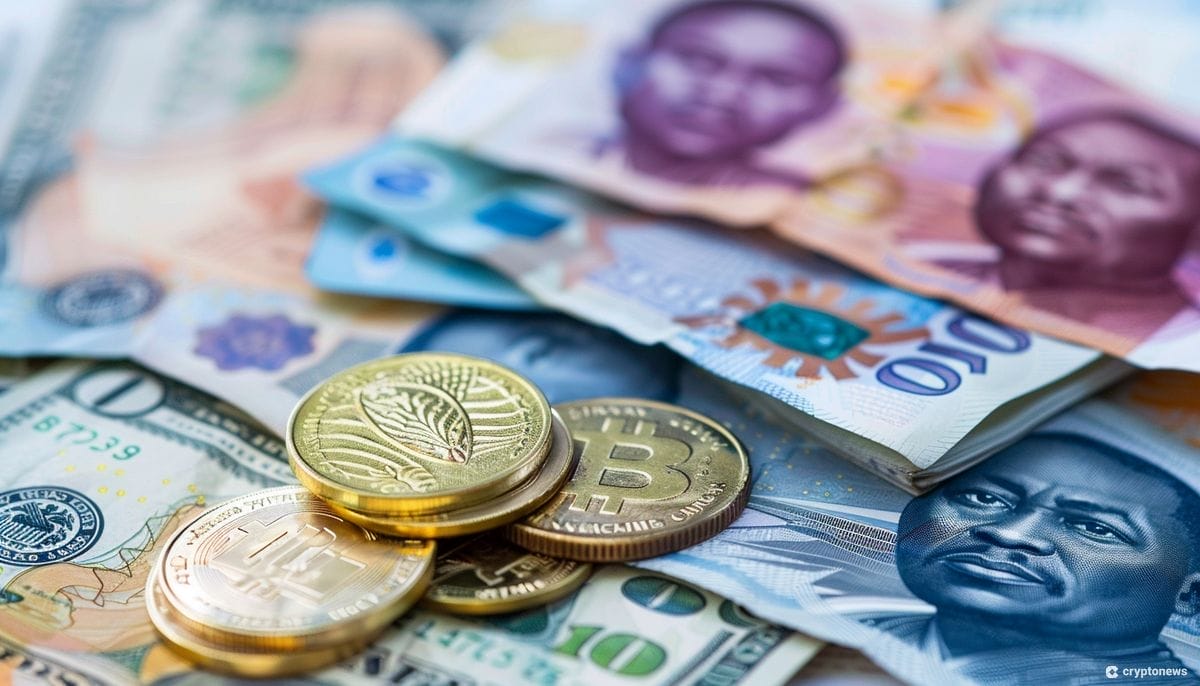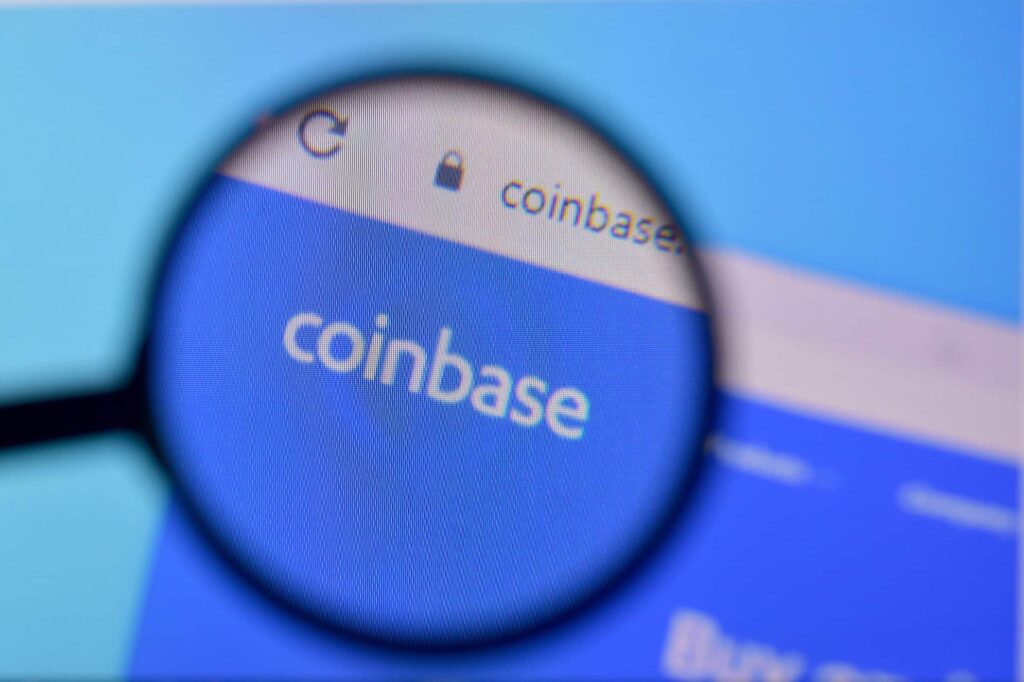
Last updated:
| 2 min read

KuCoin has made the decision to suspend all naira-based peer-to-peer (P2P) trading in response to increased scrutiny from Nigeria’s regulatory authorities.
The move comes three weeks after the country’s Securities and Exchange Commission (SEC) met with industry players and urged them to cease P2P trading activities.
In a Wednesday blog post, KuCoin notified its users of the temporary suspension of P2P naira services and Fast Buy service via Naira card, stating that it is part of their ongoing efforts to enhance their services.
The exchange’s decision to halt P2P trading is likely an attempt to avoid running afoul of the Nigerian government, following the recent federal charges faced by another major exchange, Binance.
Nigeria Intensifies Scrutiny of P2P Crypto Trading
The Nigerian government, particularly the office of the Security Adviser, has intensified its scrutiny of P2P cryptocurrency trading.
Fintechs and banks have been instructed to close bank accounts associated with trading and report such accounts to the authorities.
The Economic and Financial Crimes Commission (EFCC) has also taken action by blocking thousands of accounts involved in crypto trading.
KuCoin Temporary Pause on P2P Nigerian Naira (NGN) Services
We regret to inform our Nigeria Users On the temporary pause of our P2P services
We are eagerly looking forward to resuming the P2P Nigerian Naira (NGN) services and fast buy service via Naira cards in a fully… pic.twitter.com/v4YPSr8LIW
— KuCoin Africa (@KuCoinAfrica) May 15, 2024
Emomotimi Agama, the Director-General of the SEC, blamed crypto P2P traders for the depreciation of the naira during a meeting on May 7, according to a report from TechCabal.
He expressed concerns about the impact of P2P crypto trading on the exchange rate of the naira.
However, despite these stringent measures, the naira continues to face challenges.
On Monday, the naira fell to N1,520 per Dollar at the Foreign Exchange (FOREX) parallel market, a 3.4% decline from the N1,470 per Dollar traded on Friday.
Binance Nigeria Conflict Resumes
In a recent blog post, Binance CEO Richard Teng accused a Nigerian government official of pressuring crypto representatives to accept a secret agreement to settle Nigeria’s claims against the exchange.
The “settlement” was actually a $150 million bribe from “someone in the Nigerian government.”
“Counsel reported back that he had been presented with a demand for a significant payment in cryptocurrency to be paid in secret within 48 hours to make these issues go away and that our decision was expected by the morning,” Teng wrote.
“Our team grew increasingly concerned about their safety in Nigeria and immediately departed.”
However, Nigeria fired back at Binance‘s bribe accusation, claiming it’s a distraction to shift focus away from the exchange’s actions.
Binance recently had to discontinue all services involving Nigerian local fiat currency, the Nigerian naira (NGN), after regulatory scrutiny.
Earlier, the Nigerian government imposed a staggering $10 billion fine on Binance as part of a crackdown on the platform in an effort to stabilize the nation’s local currency.
Binance has faced increasing regulatory scrutiny worldwide.
Last year, the Commodity Futures Trading Commission (CFTC) filed charges against Binance for allegedly operating an illegal digital asset derivatives exchange and evading federal laws.
Similarly, the US Securities and Exchange Commission charged Binance Holdings LTD and CZ for allegedly operating unregistered exchanges, broker exchanges, clearing houses, and the unregistered offer and sale of securities.


